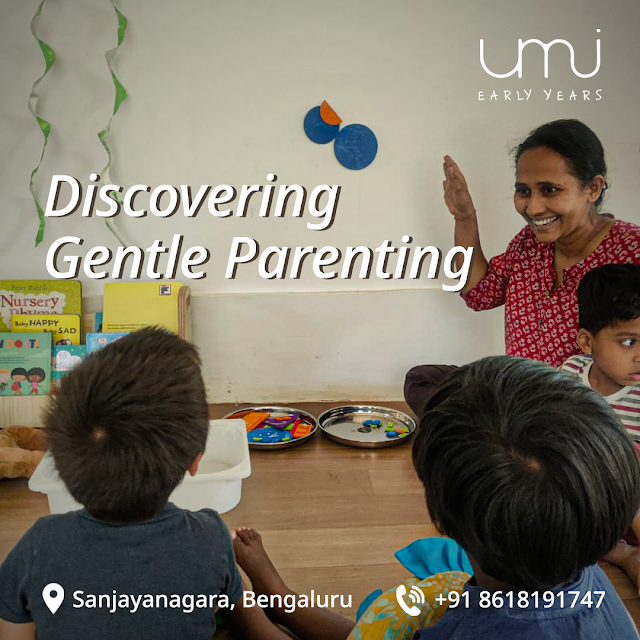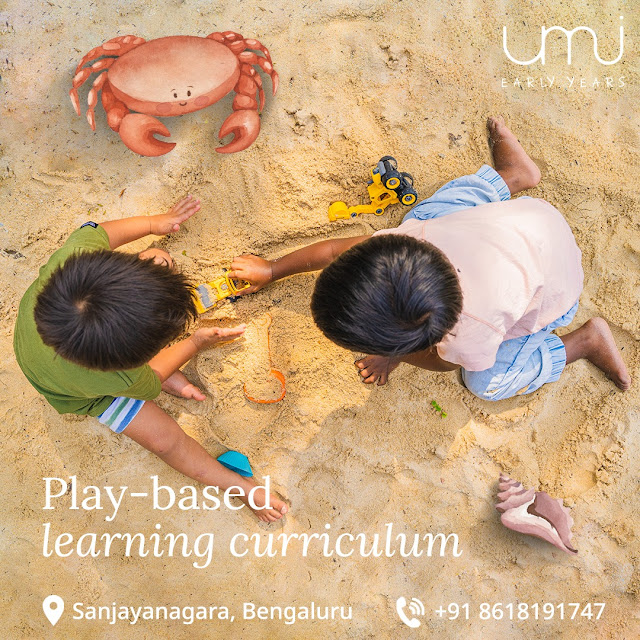Nurturing Creativity and Imagination: The Impact of Process Art on Early Childhood Education
Art in early childhood years plays a crucial role in the development and growth of children. It provides a opportunity for young minds to explore, create, and communicate in ways that are uniquely their own.
Now, Children are definitely no strangers to art. But as an educator, I've observed that many children's exposure to art is often limited to copying or replicating artwork or crafts made by the teacher. This kind of approach focuses solely on the end result, where there's a right and wrong way of doing art. It is called product-based art.
However, research has shown that focusing on the process of creating art has a broader impact on children’s learning. It actually helps develop valuable creative skills and attitudes that go far beyond just the art room.
Process art emphasizes the creative process itself, rather than focusing on the final outcome..It encourages children to focus on the joy of exploration, self-expression, and experimentation, rather than aiming for a predetermined outcome. In process art, children are free to make their own choices, use open-ended materials, and let their imaginations run wild.
Nurturing Creativity and Imagination
Process art is important for helping children be creative and use their imagination. When they have materials like paints, clay, and collage items, they can explore and try out different artistic ideas. This freedom allows them to be creative by making their own choices, picking colors, and discovering new techniques. They can take risks, learn from their mistakes, and develop their own artistic style.
Self-Expression and Emotional Development
Art is a safe and expressive way for children to share their thoughts and feelings. Process art lets them express themselves honestly and learn more about their emotions. When they create art, they can work through different feelings, solve problems, and understand the world around
them better.
Independence and Decision-Making Skills
Process art helps children become more independent in their creative process. They get to decide what materials to use, what colors to pick, and how to approach their artwork. This helps them think creatively, solve problems, and adjust their ideas as they go along. Making their own choices and navigating the artistic process teaches them important decision-making skills they can use in life.
Nurturing a Love for Learning
When children engage in open-ended art activities, they develop a mindset for growth and a desire to discover new things. Process art encourages children to ask questions, find connections, and see things from different angles. These skills go beyond art and apply to all areas of their lives. It helps them develop a lifelong love for learning and a thirst for knowledge.
In conclusion, process art has many benefits for a child's development and education. It encourages them to explore, experiment, and embrace their own artistic style. Including process art in a child's early education sets the foundation for a lifelong love for learning, creativity, and self-expression.
Author,
Madiha Ansari,
Founder/ Early Years Educator,
Scribble Space
www.scribblespace.in
https://www.instagram.com/scribblespace.in



Comments
Post a Comment